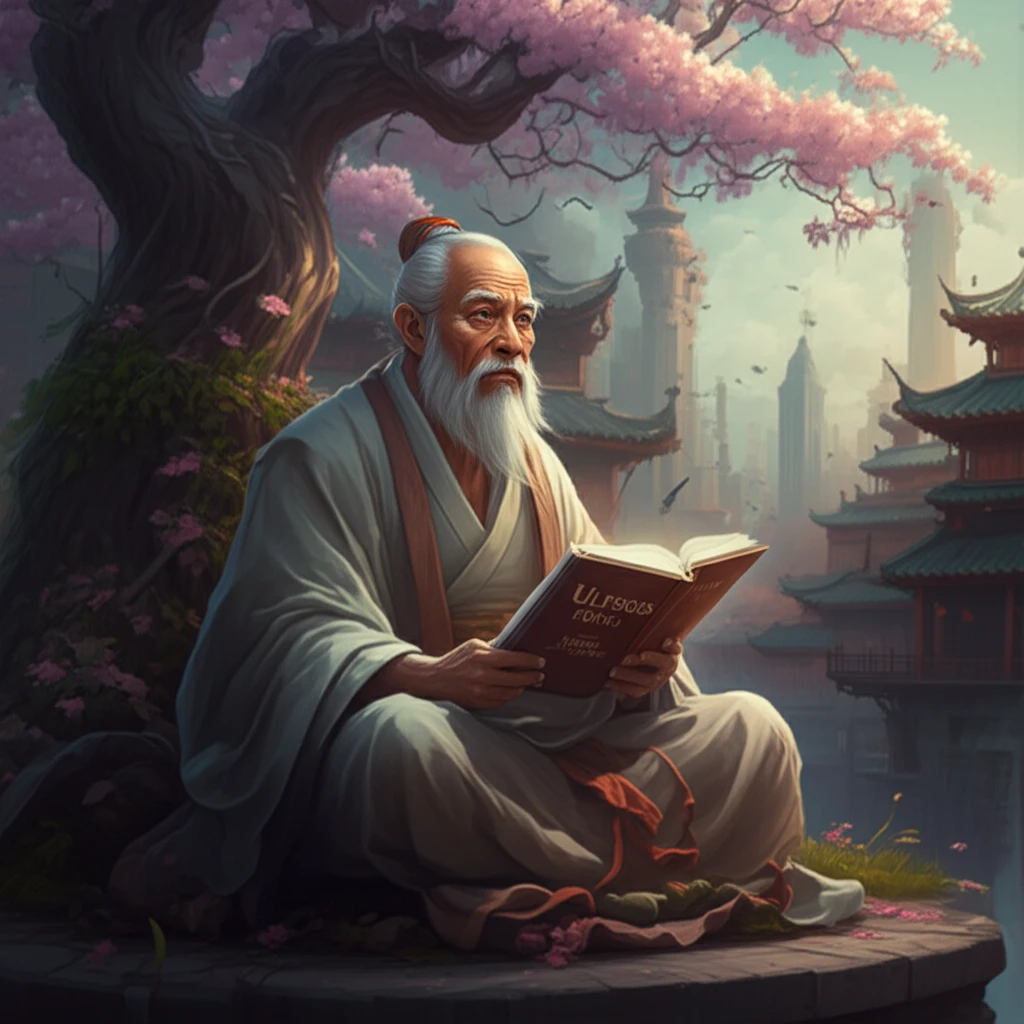
Lost in Translation? How Cultural Values Shape Our Understanding of Literature
"Exploring the fascinating intersection of Confucian values and Western literary classics like James Joyce's 'Ulysses'."
In an increasingly interconnected world, literature transcends geographical boundaries, inviting readers from diverse cultural backgrounds to explore universal themes through unique lenses. As English becomes a global language, the interpretation of literary masterpieces is no longer confined to native speakers. This raises a critical question: how do cultural values shape our understanding and appreciation of literature?
Consider James Joyce's Ulysses, a monumental work of modernist literature renowned for its complexity, stylistic innovation, and exploration of the human condition. While celebrated in the Western literary canon, Ulysses presents significant challenges to readers unfamiliar with its cultural context, linguistic nuances, and unconventional narrative structure. How, then, do readers from different cultural backgrounds, particularly those steeped in distinct philosophical traditions, navigate such intricate texts?
This article delves into the fascinating intersection of Confucian values and the reception of Ulysses among Chinese readers. By examining how Confucian principles influence reading strategies and interpretations, we can gain valuable insights into the dynamics of cross-cultural literary reception and the evolving landscape of global literary understanding.
Confucianism Meets Modernism: A Cultural Collision in Ulysses

Confucianism, a philosophical and ethical system deeply ingrained in Chinese culture, emphasizes social harmony, respect for hierarchy, and the importance of family. These values often differ significantly from the individualistic and often rebellious spirit of modernist literature, creating a potential collision point when Chinese readers encounter texts like Ulysses.
- Emphasis on Accuracy: Chinese students often prioritize accuracy in translation and comprehension, focusing on understanding the literal meaning of the text. This can sometimes overshadow the appreciation of stylistic nuances and subtle literary devices.
- Cultural Contextualization: Readers actively seek to contextualize the text within their own cultural framework, drawing upon Confucian values and familiar narratives to make sense of unfamiliar concepts and situations.
- Social Harmony vs. Individualism: The Confucian emphasis on social harmony can lead to a critical examination of the individualistic and sometimes unconventional behavior of characters in Ulysses, prompting discussions about social responsibility and personal conduct.
Bridging the Gap: Implications for Global Literary Education
The insights gained from this study have significant implications for literary education in a globalized world. By recognizing the influence of cultural values on literary reception, educators can foster a more inclusive and nuanced approach to teaching literature. Encouraging students to explore their own cultural perspectives and engage in cross-cultural dialogue can enrich their understanding of both the text and the world around them. Moreover, it highlights the importance of moving beyond a purely Western-centric view of literature and embracing the diversity of interpretations that emerge from different cultural backgrounds. Ultimately, this approach can foster a deeper appreciation for the power of literature to connect us across cultures and promote a more inclusive and understanding global community.
